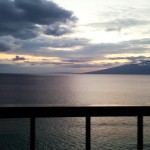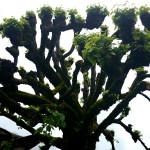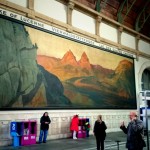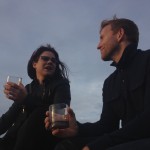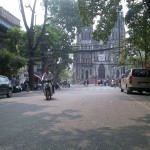I am in Doha, Qatar tonight on a long layover between Washington and Hanoi. Qatar is a small Middle Eastern country with wealthy citizens, many migrant workers and a large expat community. At the recommendation of friends, I pass by the Museum of Islamic Art, an exceptionally beautiful white structure by the architect I.M. Pei. It makes art from tradition, and sits across the water from Doha’s flamboyant downtown skyscrapers. Then I move along to Souq Waqif, an old market rebuilt with new money.
I think for a moment about opulence living with conservative Islam. Many, perhaps most people are dressed to cover their wrists and ankles, and in many cases their faces as well. Yet the fashion indus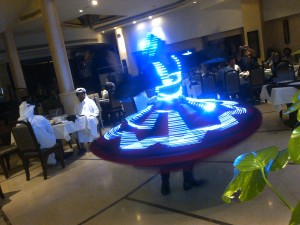 try in its vulgarity is on full display in advertisements and on television sets, and conspicuous consumption seems to have the elevated position typical to wealthy urban neighborhoods. Or maybe that is for the tourists.
try in its vulgarity is on full display in advertisements and on television sets, and conspicuous consumption seems to have the elevated position typical to wealthy urban neighborhoods. Or maybe that is for the tourists.
I stop in a Syrian restaurant for dinner and a musical performance. A man dances, whirling bright and lit cloths, with fans and a skirt that would be considered feminine in the west, yet with powerfully masculine movements. I drink tisane, a hot tea.
I am traveling alone, as I most commonly have. I am not lonely. I wonder if I have outgrown it; the years advanced such that I feel my life and friends with me even when they are distant or past.
A clay pot dish of burghul and hot tomatoes arrives at my table, and the musicians begin.
